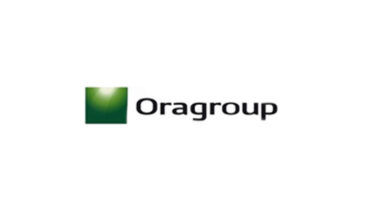Business
CBN Deploys Automated Consumer Complaint Management System To Address Consumer Grievances
CCMS is expected to boost Nigerians’ confidence in the banking sector

The Central Bank of Nigeria (CBN), on Friday, announced that it has deployed an automated Consumer Complaint Management System (CCMS) that will help in addressing consumer issues quickly and efficiently. It is expected that CCMS would help in boosting Nigerians’ confidence in the banking sector.
According to CBN, the move is part of the apex bank’s job to ensure stability in the banking and finance sector.
“The Central Bank of Nigeria (CBN) in furtherance of its mandate to promote stable financial system, embarked on the development of a Consumer Complaint Management System (CCMS),” the banking regulator’s official statement announcing the deployment of Consumer Complaint Management System read. “This is an automated system aimed at easing complaints management to engender public confidence in the financial system.”
The CBN has made it mandatory for Banks and Other Financial Institutions (BOFIs) to assign a tracking to every complaint received from their respective customers. The banks will also need to acknowledge receipt of every complaint, which shall contain the assigned Tracking Number, through an e-mailed response. The financial institutions will also need to commence upload of complaints to the CCMS on a daily basis.
The CBN advised banks and other financial services operators to ensure that they adhere to those stipulations which effect from Jan. 2, 2019. It warned that non-compliance of the newly issued order will result in imposing sanctions against the banks.
“Failure to do this will attract sanctions in line with the Banks and Other Financial Institutions Act (BOFIA), Cap B3, LFN 2004,” the CBN’s official statement added.
According to CBN’s half-yearly report, it received 1,439 consumer complaints in the first half of 2018 as compared to 1,141 in the corresponding period of 2017. The complaints were mainly related to issues like excess charges, frauds, dishonored guarantees, and unauthorized deductions/transfers, among others.







Wow! After all I got a web site from where I can genuinely take valuable data concerning my study and knowledge. https://interior.my/interior-market